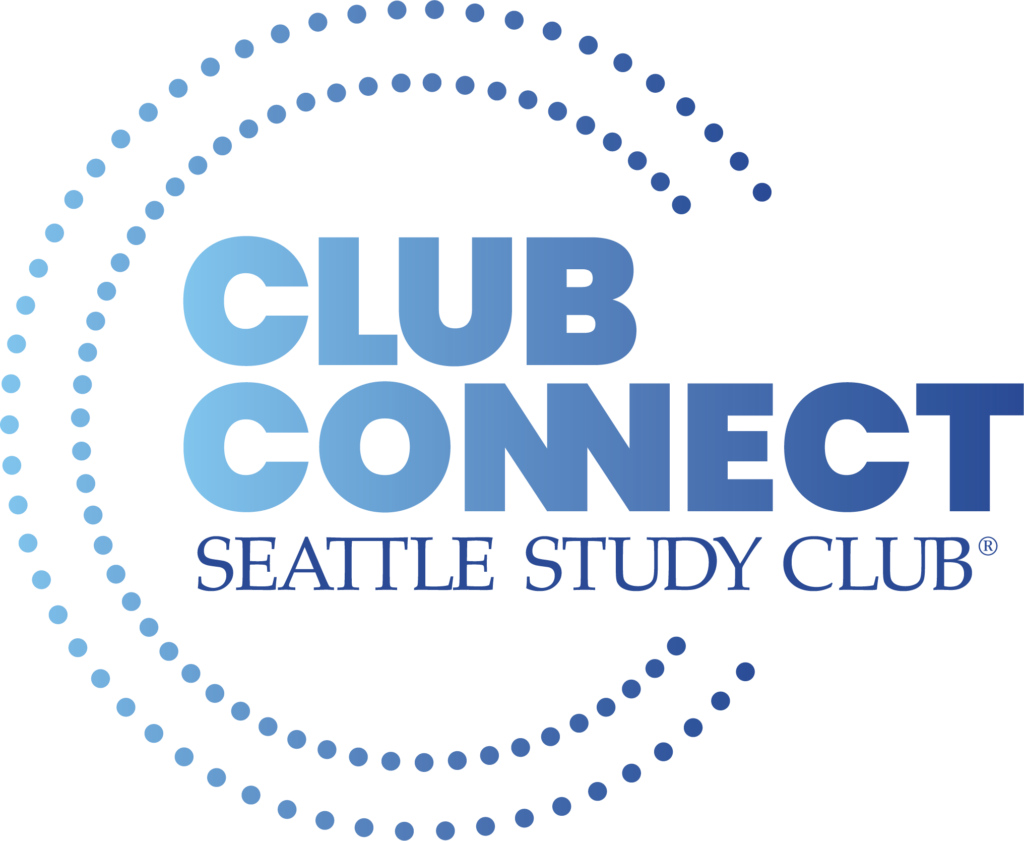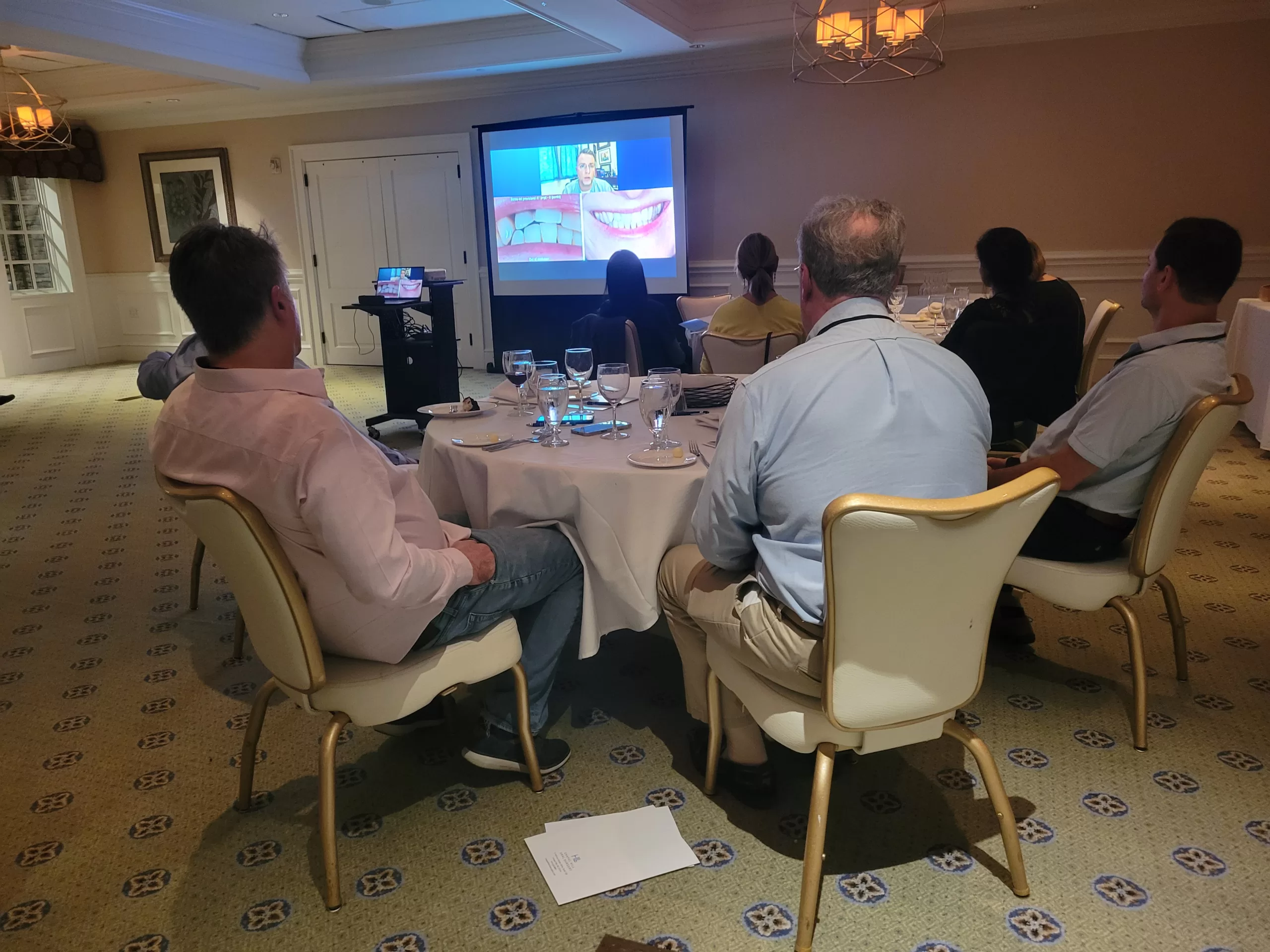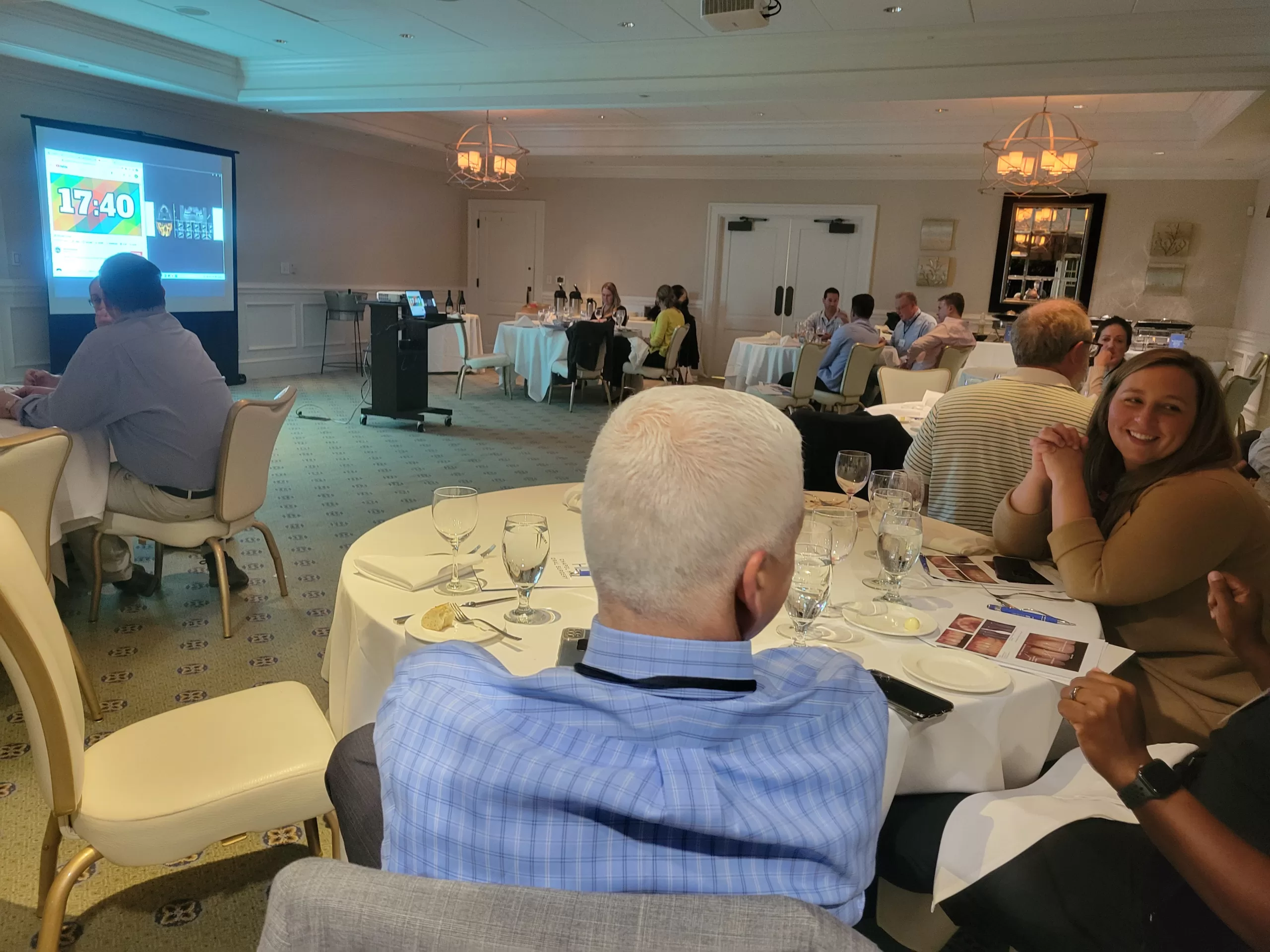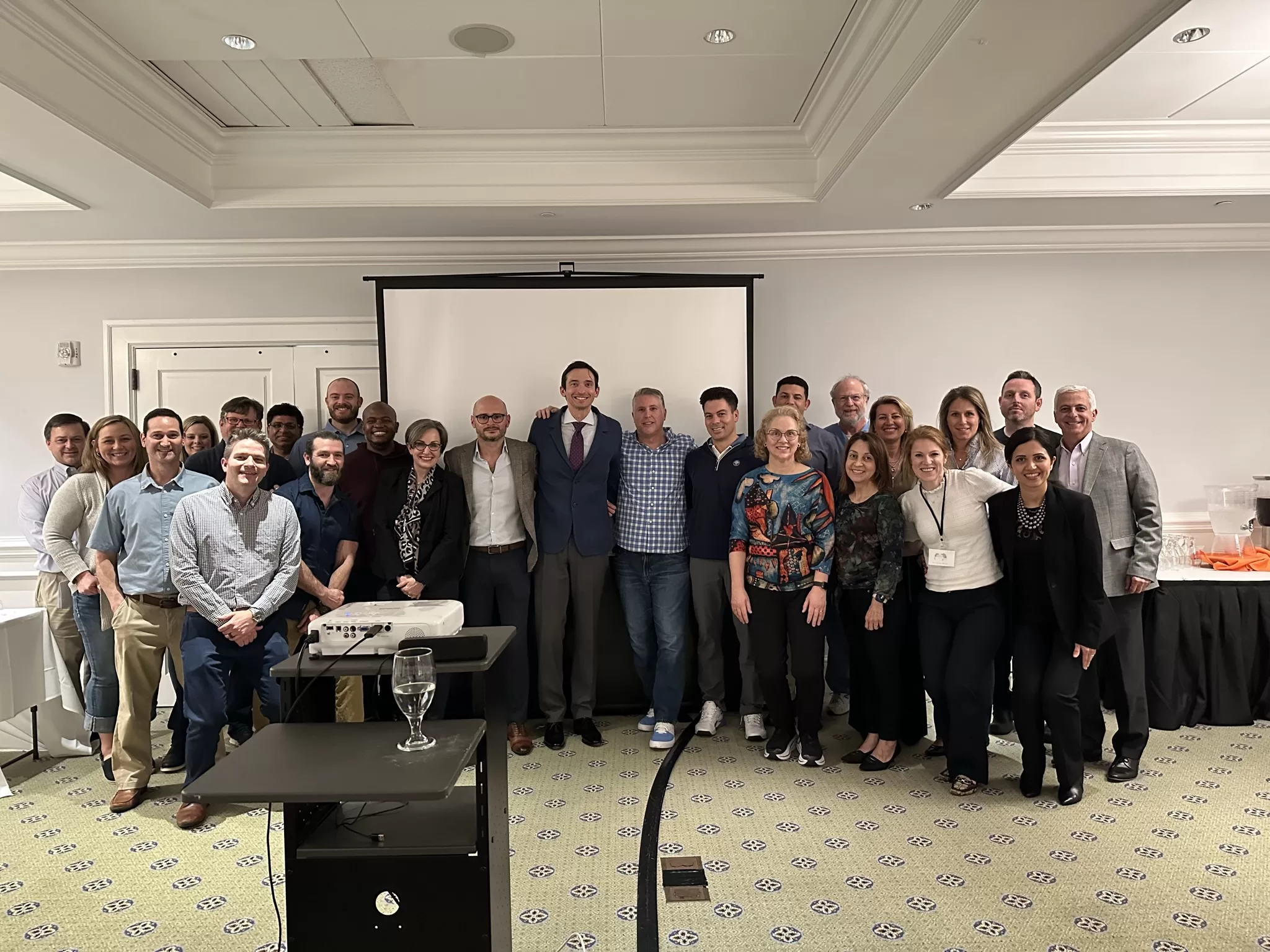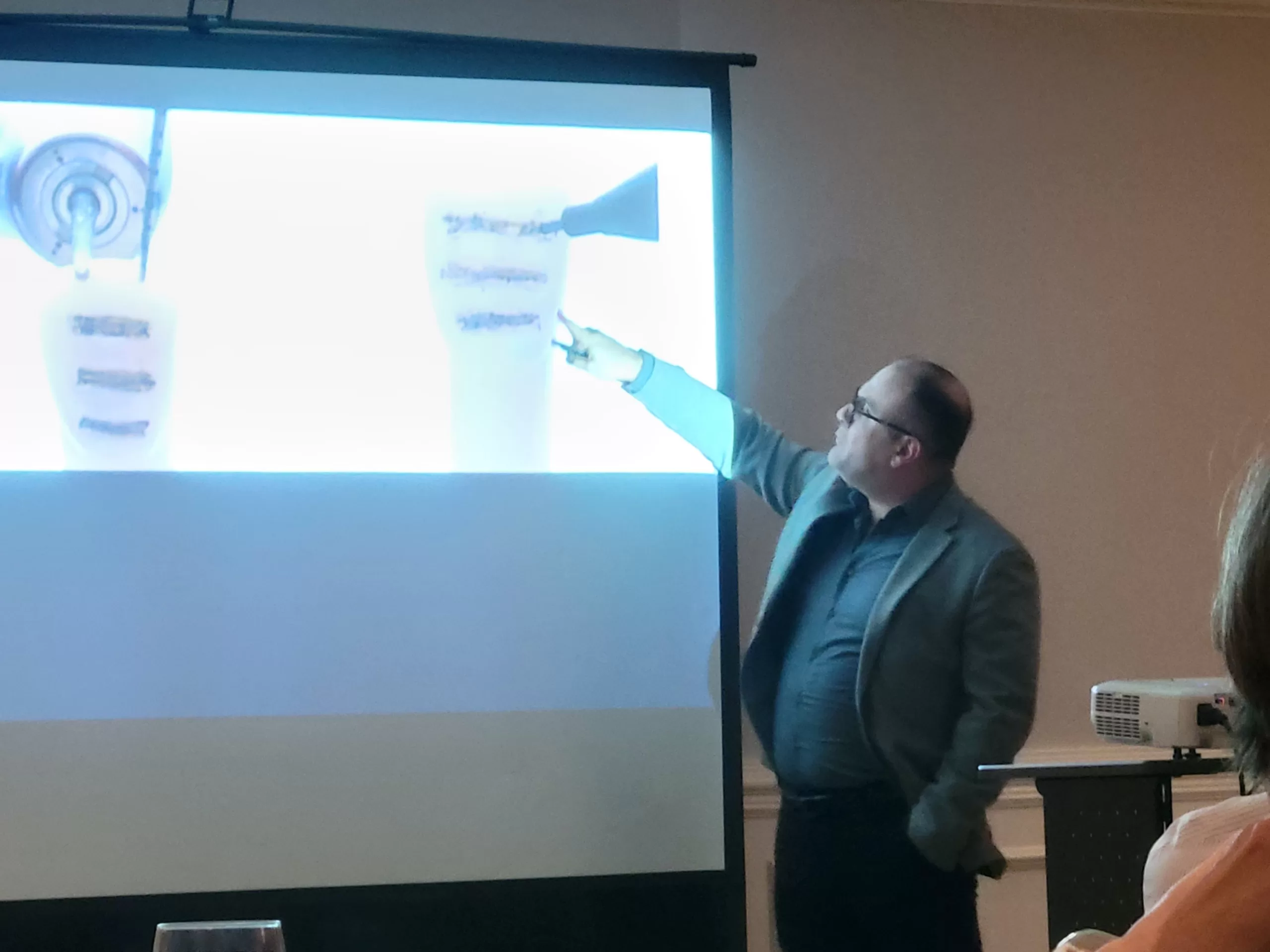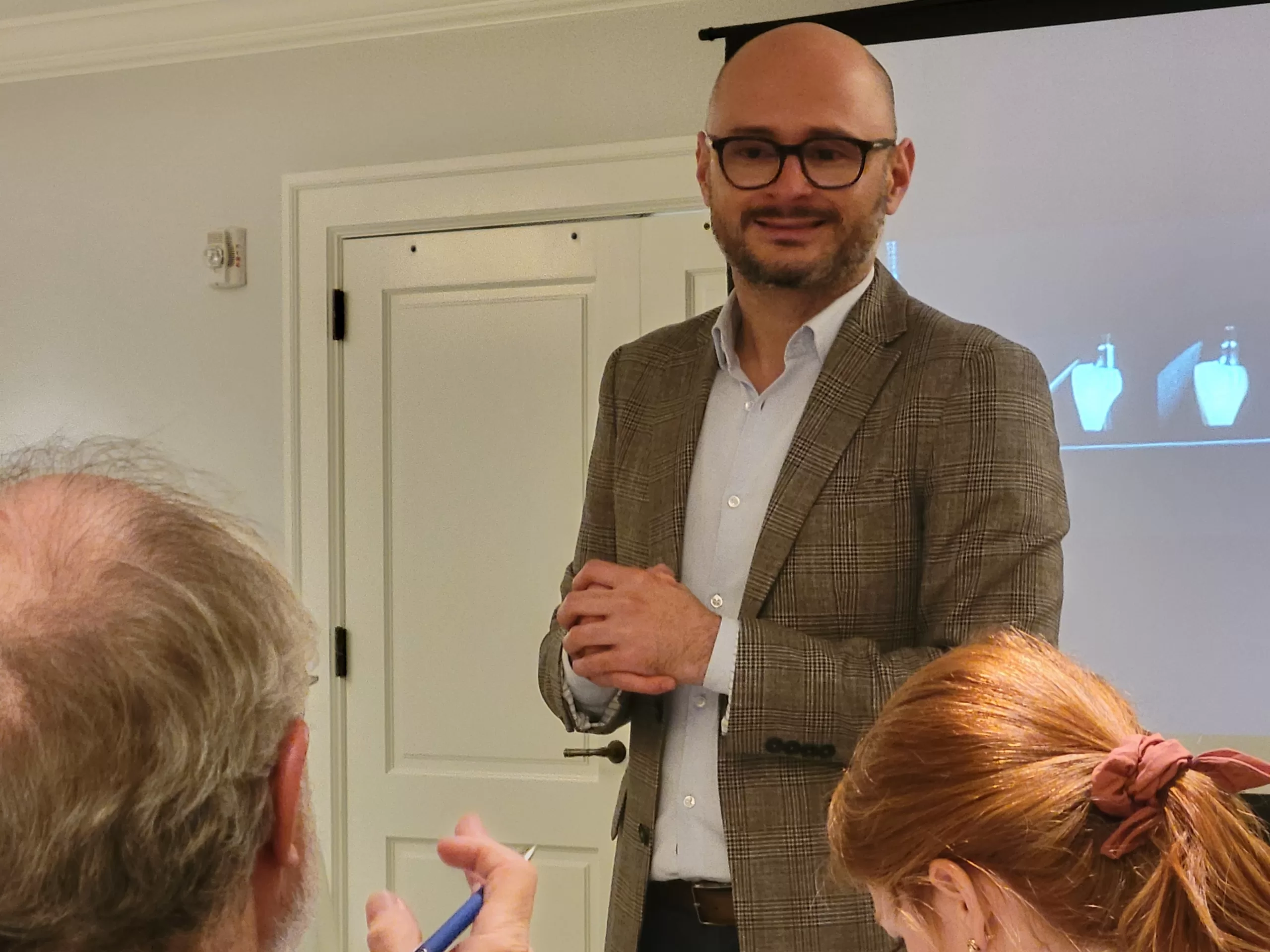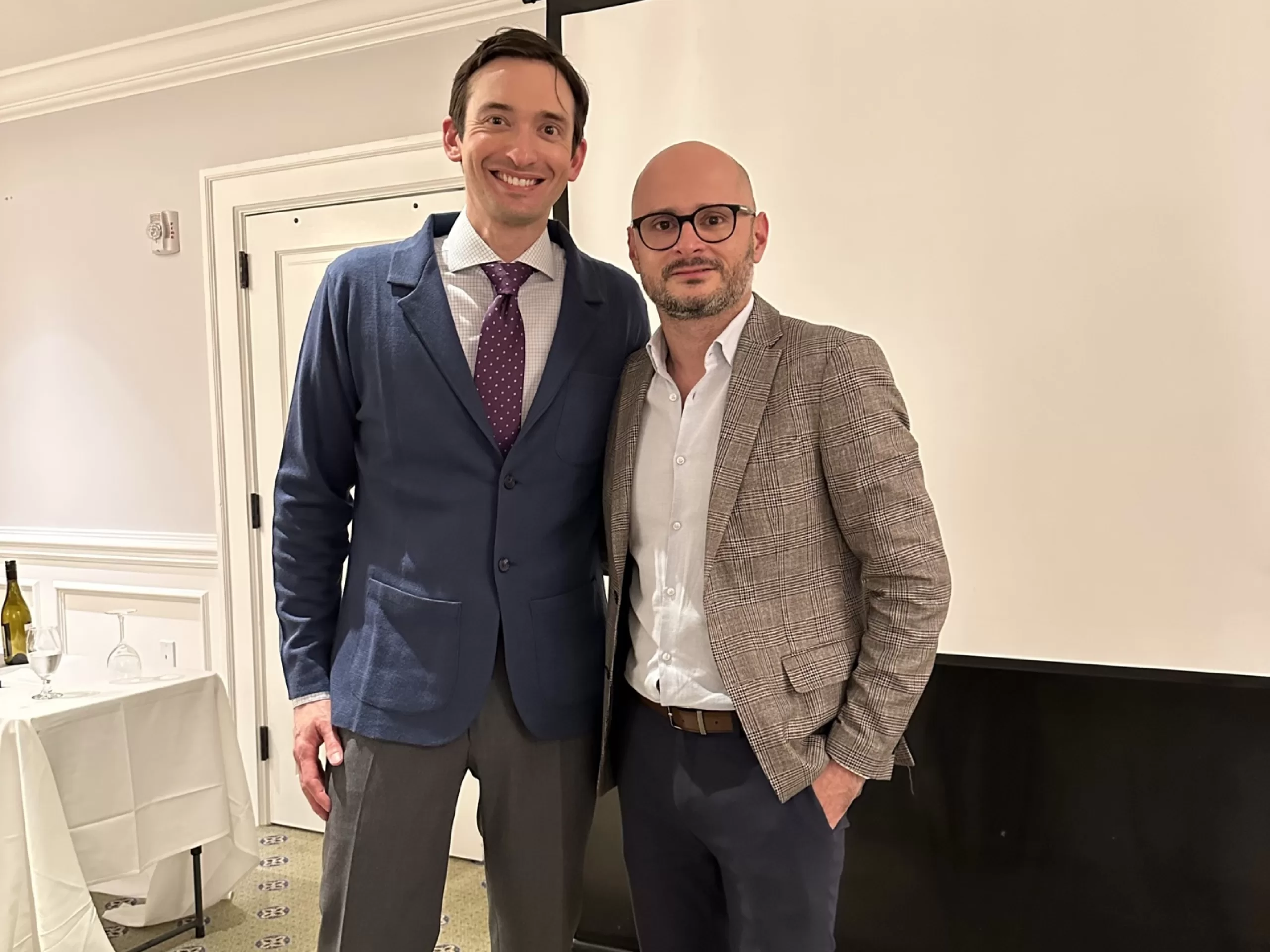
Chapel Hill Study Club
At Chapel Hill Study Club, we embrace the ethos of being a “university without walls.” It is a dynamic community where learning transcends traditional boundaries.
Here, you will find a safe and nurturing environment designed for growth, free from judgment, where professionals like you come together to elevate their skills and knowledge.
Key Highlights
- Community: Join a supportive community of like-minded dental professionals dedicated to excellence and continuous learning.
- Learning Without Boundaries: Experience a unique educational journey where boundaries disappear, allowing you to explore new ideas and techniques freely.
- World-Class Speakers: Gain insights from best-in-class speakers from around the globe, offering diverse perspectives and cutting-edge knowledge.
- Safe Place to Learn: Feel confident in sharing and discussing challenges and successes in a confidential and supportive atmosphere.
The Chapel Hill Study Club offers more than just professional development; it fosters lasting connections and a sense of belonging within the dental community.
We believe that through collaboration and shared experiences, we can achieve greater heights in patient care and practice management.
Event Calendar
What is the Chapel Hill Comprehensive Study Club?
Our name signifies excellence in three areas:
- Development of the individual dentist
- Advancing the dental community
- Service to the community as a whole
- The Chapel Hill Comprehensive Study Club is an affiliate of the Seattle Study Club, a highly respected national organization that began over 20 years ago.
- We are a dental study club that provides high quality programing designed to enhance professional growth and development.
- Our academic year, spanning over nine months, features curriculum that combines both didactic and clinical sessions in a group setting.
- The Chapel Hill Comprehensive Study Club is a group dedicated to excellence in education and higher quality patient care.
- Educational programing that is fully accredited with the AGD
What is the Seattle Study Club?
Traditionally, continuing dental education programs have focused on slide and lecture presentations offered over one or two days by recognized experts in the field. The theory behind this conventional model of learning would appear to be the notion that knowledge of a technique or treatment is created through visual and verbal description, and further, that ideal dentistry is nothing more than an assemblage of these techniques and treatments. Few conventional continuing education programs have offered a coherent and comprehensive approach to post-university learning.
While a great deal can be learned from the experts, traditional theories of continuing education utterly fail to appreciate the necessity of (1) understanding the “big picture” into which a technique fits; and (2) “hands-on” experience incorporating the technique into a specific treatment plan, with a given set of real world parameters. How many dentists have attended lectures or courses intended to convey knowledge of “state-of-the-art” techniques, yet remain unable or unwilling to utilize these new treatments? These dentists have been denied both a complete comprehension of the specific technique they had hoped to learn, and an understanding of the larger context into which that technique is placed. In the process, they have forfeited not only a good deal of their money, but al o what is rapidly becoming the most precious commodity of all-their time.
Three major principles are the core of Seattle Study Club. The first is the philosophy tl1at neither ideal learning nor ideal dentistry can be attained by a random exposure to various techniques and treatment modalities, even if those techniques, taken individually, represent “state-of-the-art” treatment. Rather, the highest and most beneficial knowledge and treatment results from total case management – an appreciation of the “big picture” and a true understanding of the role any given technique or treatment plays in that picture.
The second principle is the self-evident proposition that we learn more by participation and clinical interaction than by observation. As the goal of the study club is to improve treatment planning skills and familiarize members with the most effective techniques and technology, the opportunity to test one’s knowledge and understanding of the science remains central to the learning process. Perhaps tl1e most radical and exciting aspect of the Seattle Study Club concept is its emphasis on participation-based learning. Through hands-on experience in clinical sessions, club members enhance their treatment planning skills and learn how to bring an “expert’s” touch to the type of cases they treat every day.
The third principle is the idea that learning with and from one’s peers in a structured and supportive environment is the most effective way to master the challenges posed by the dental profession. The study club provides a forum for the “University Without Walls” – a well-organized continuing education program, with a comprehensive curriculum incorporating all aspects of clinical, didactic, and academic learning.
